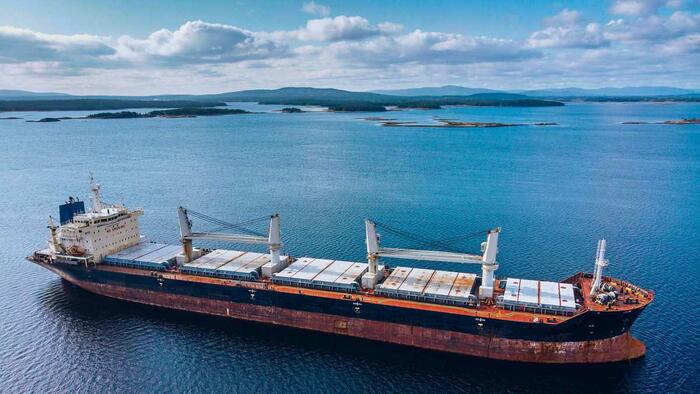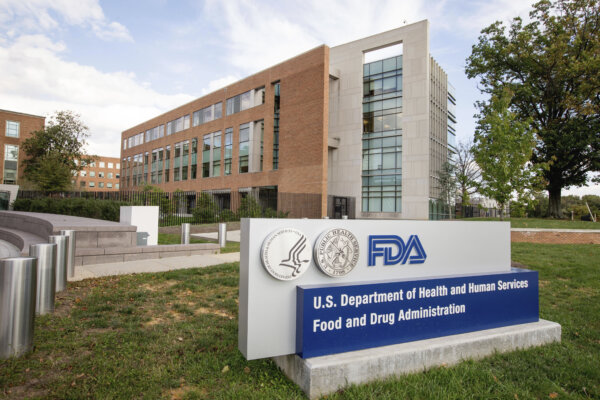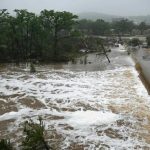About half a dozen countries touch the Black Sea. The body of water is a major artery for the movement of commodities between Europe and the rest of the world. However, the conflict in Ukraine has made the body of water dangerous and uninsurable.
More than two months into the Russian invasion of Ukraine, which has sparked a global food crisis because of the conflict choking agricultural exports from Ukraine and surrounding countries, which account for a quarter of international wheat trade, about a fifth of corn, and 12% of all calories traded globally, the world’s largest ship manager urges NATO countries to provide naval escorts for commercial vessels in the Black Sea, according to Financial Times.
René Kofod-Olsen, chief executive of V.Group, said the western military alliance should ensure safe passage for commercial vessels in the dangerous body of water, plagued with Russian warships and naval mines.
“We should demand that our seafaring and marine traffic is being protected in international waters. I’m sure Nato and others have a role to play in the protection of the commercial fleet,” Kofod-Olsen said.
FT said NATO won’t conduct an escort mission of commercial ships in the Black Sea.
“Nato is not considering a naval mission to escort ships in the Black Sea, but Nato allies that have coastal borders — Bulgaria, Romania and Turkey — have deployed ships to find and neutralize any mines that may be in the area,” NATO said while responding to Kofod-Olsen’s comments.
Kofod-Olsen request comes as there is a lot of uncertainty about naval mines in Ukrainian territorial waters, and war-risk premiums make insuring a vessel in the region near impossible.
It’s unlikely the northern third of the Black Sea will reopen anytime soon, which will be problematic for big agricultural commodity traders, such as Cargill, Bunge, ADM, and Louis Dreyfus, to source ag products.











